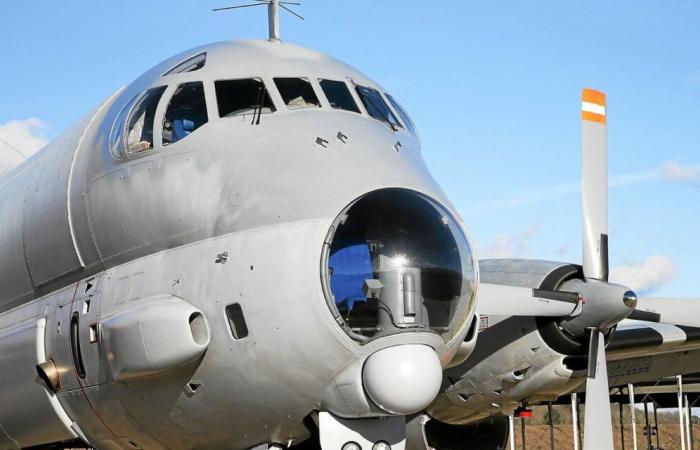
An Atlantic 2 of the French Navy was targeted by a Russian anti-aircraft system during the night from Wednesday to Thursday, above the Baltic Sea. How to analyze this incident?
This contributes to a situation of tension around Russia, particularly in the Baltic area. This tension is, to some extent, maintained by Russia. And it’s not completely new. Since 2014, we have seen, for example, Russian boats or aircraft circulating by switching off their transponders so as not to be located near the coasts of European countries. Wednesday’s incident, which occurred in international waters, does not obey the rules established in these spaces where, by definition, Russia and NATO countries are in permanent contact. There is, obviously, a desire, on the Russian side, not to respect these established rules. This is an act that manifests hostile intent.
This is not the first incident of this type: the Atlantique 2s are sometimes followed very closely by Russian fighters, the frigates are sometimes flown over by drones…
The Baltic Sea has become an area of tension. There is, on one side, Russia and, on the other, NATO member countries. And it’s an almost enclosed space. So there are constantly things that could become serious incidents.
How can we explain this attitude of Russia?
We very likely have Russia’s desire to show that, in a certain way, it is at home and that it does not want a Western military presence in this area. This is obviously not the conception of the other countries bordering the Baltic (Denmark, Sweden, Finland, Estonia, Latvia, Lithuania, Poland, Germany, all NATO members).
Should we establish a link between this incident and the sabotage of submarine cables, knowing that the Atlantic 2 was patrolling as part of an operation to protect submarine infrastructures?
The big difference is that, in the submarine cable affair, Russia, if it is indeed involved, acts through an intermediary: these are not Russian military boats, it is not claimed and the Russia can deny it. In the case of Wednesday’s incident, it’s hard to deny, although they can say there was a “technical problem.”
Can we talk about “hybrid war” against Russia?
This is certainly how Russia sees things. Russia’s aggressive attitude is explained by the fact that it sees the war in Ukraine as a confrontation with the West. But Western countries, generally speaking, do not want to get to that point. In any case, there have been a certain number of hybrid incidents involving Russia: cyberattacks, interference and attempts at destabilization… Russia behaves quite aggressively, with a clear desire to intimidate.
-What can the French authorities do after this incident?
I think they will ask Russia for explanations through official channels. Reminders can be made about the interaction mechanisms that must be respected. But the fact that the French authorities are communicating about it is also a way of telling Russia that we will no longer let this type of incident happen.
* Marie Dumoulin is director of the Wider Europe program of the European Council on International Relations.
Canada





